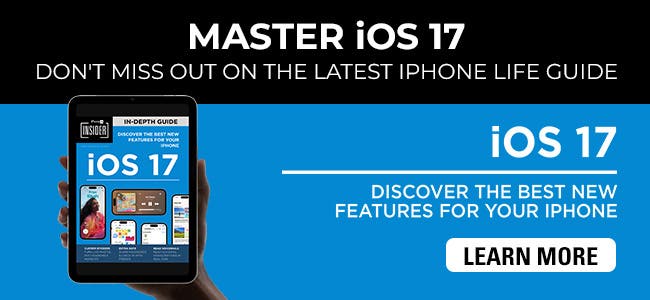 While businesses have traditionally made technology purchase decisions for their employees, the release of the iPhone accelerated the so-called "consumerization of IT"—the tendency of employees to bring their personal smartphones into the workplace and use them for business purposes. With the release of the iPad, Apple seems to be working its way up the spectrum of mobile form factors. It will be very interesting to see how business users and organizations respond to this new platform.
While businesses have traditionally made technology purchase decisions for their employees, the release of the iPhone accelerated the so-called "consumerization of IT"—the tendency of employees to bring their personal smartphones into the workplace and use them for business purposes. With the release of the iPad, Apple seems to be working its way up the spectrum of mobile form factors. It will be very interesting to see how business users and organizations respond to this new platform.
Can’t imagine going back
Like many others, I was personally skeptical about the hype that preceded the release of the iPad. But now that I have one and absorbed it into daily life, I can’t imagine going back. For me, the iPad is less of a laptop replacement and more of an alternative for all my computing devices—from desktop all the way down to my iPhone. When at home sitting on a couch or in bed, rather than reaching for my iPhone, I now grab my iPad to check e-mail, look up some information, or do a quick Web search. The iPad’s form factor is much easier to use for those types of tasks. In addition, rather than going to my desktop or pulling out my laptop, I found it very easy to do almost any day-to-day activity on the iPad. If I need to run an app that wasn’t on my iPad, I can easily connect remotely to my Windows PC to do what’s needed. And although the keyboard took a little getting used to, I’ve actually become quite fast at typing with it in landscape mode. In fact, I wrote this entire article on my iPad. (Tip: Don’t stop typing if you make a mistake— like the iPhone, the iPad usually corrects it for you automatically.)
Laptop replacement for mobile information workers
I have talked to numerous small and medium sized businesses as well as several FORTUNE 500 firms that are seriously considering the iPad as an optional laptop replacement for their field sales, field service, and other mobile information workers. In addition, it seems like it would be an excellent platform for business executives, allowing them to access business intelligence, knowledge management, and reporting features on a highly mobile device that is easy to use. And for occasional use of apps that don’t run on the iPad, the ability to use Citrix or access a remote desktop is extremely powerful and valuable to organizations reluctant to give up investments they’ve already made in technology.

OS 4.0 will encourage IT support
A few questions remain. First, will consumers want to use the iPad for work related activities? Will employees start bringing these devices into the workplace? And will IT decide that this is a device they want to support? With the release of OS 4.0 for the iPad (Fall of 2010), enterprises will get more security and device management features, including the widely requested ability to deploy enterprise apps over-the-air to devices without requiring iTunes to install these custom apps. These features could assist companies in providing optimized applications for their specific line of business, such as sales force automation, field service, or survey capture. This would dramatically accelerate the adoption of the iPad by providing the tools and
Impact of OS 4.0 at Work
The iPhone OS 4.0 introduces quite a few new features that enterprise IT departments have been asking for. First of all, the hardware encryption first introduced by the 3G S is now significantly enhanced by the utilization of the device passcode as encryption key. In addition, OS 4.0 includes encryption APIs that can be used in custom applications to additionally secure data in the scenario that a device is compromised. Device management capability is also significantly enhanced by providing APIs that can be used by third-party solutions to configure, monitor, and support devices, including the ability to deploy custom in-house applications over-the-air without requiring iTunes. Mail is now enhanced in many ways, including support for Exchange 2010 and multiple Exchange ActiveSync Accounts on a single device. Finally, SSL VPN support is being introduced to support corporate network connectivity on-demand via solutions provided by Cisco and Juniper. Bottom-line, this new release demonstrates to the enterprise that Apple is serious about getting down to business.

